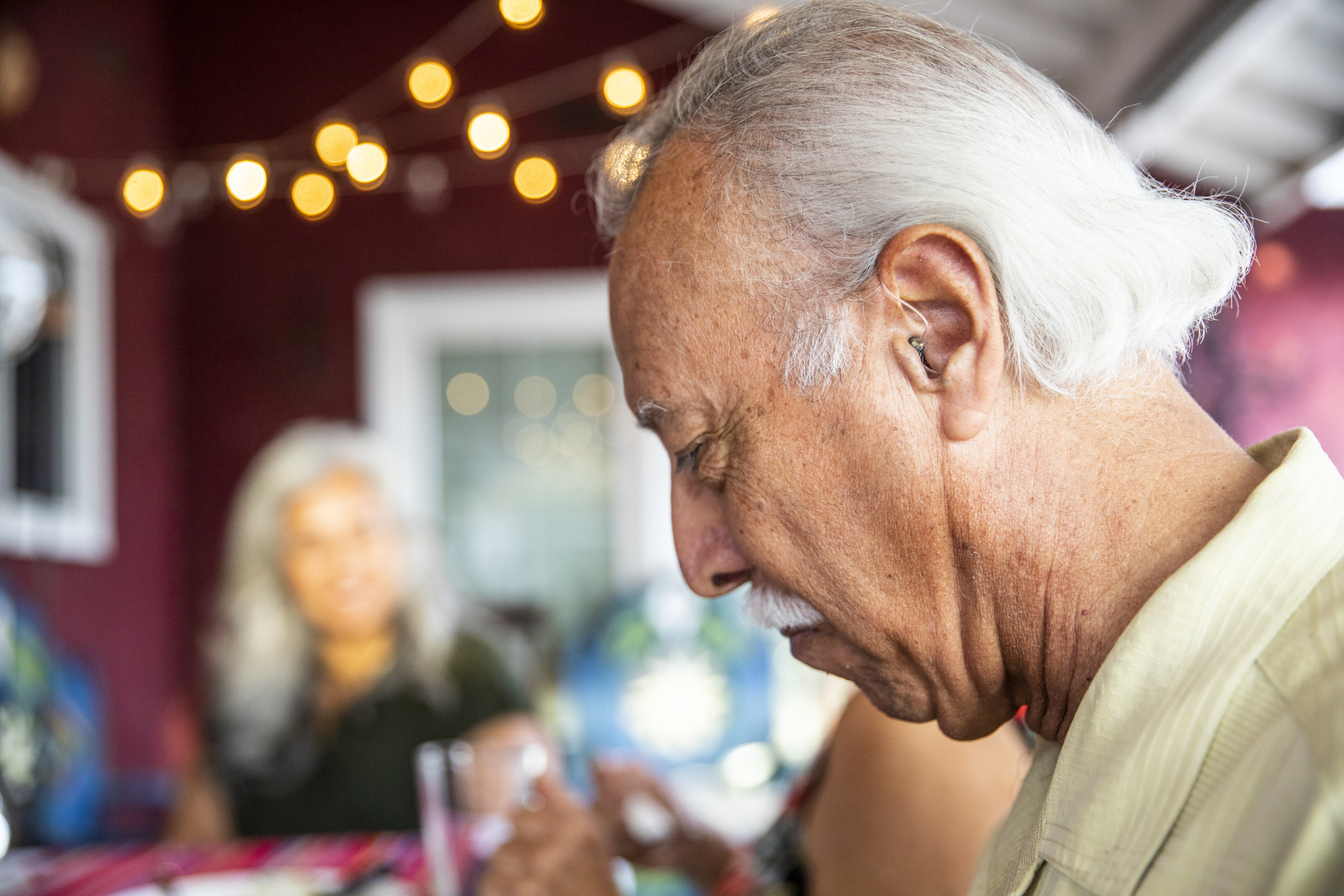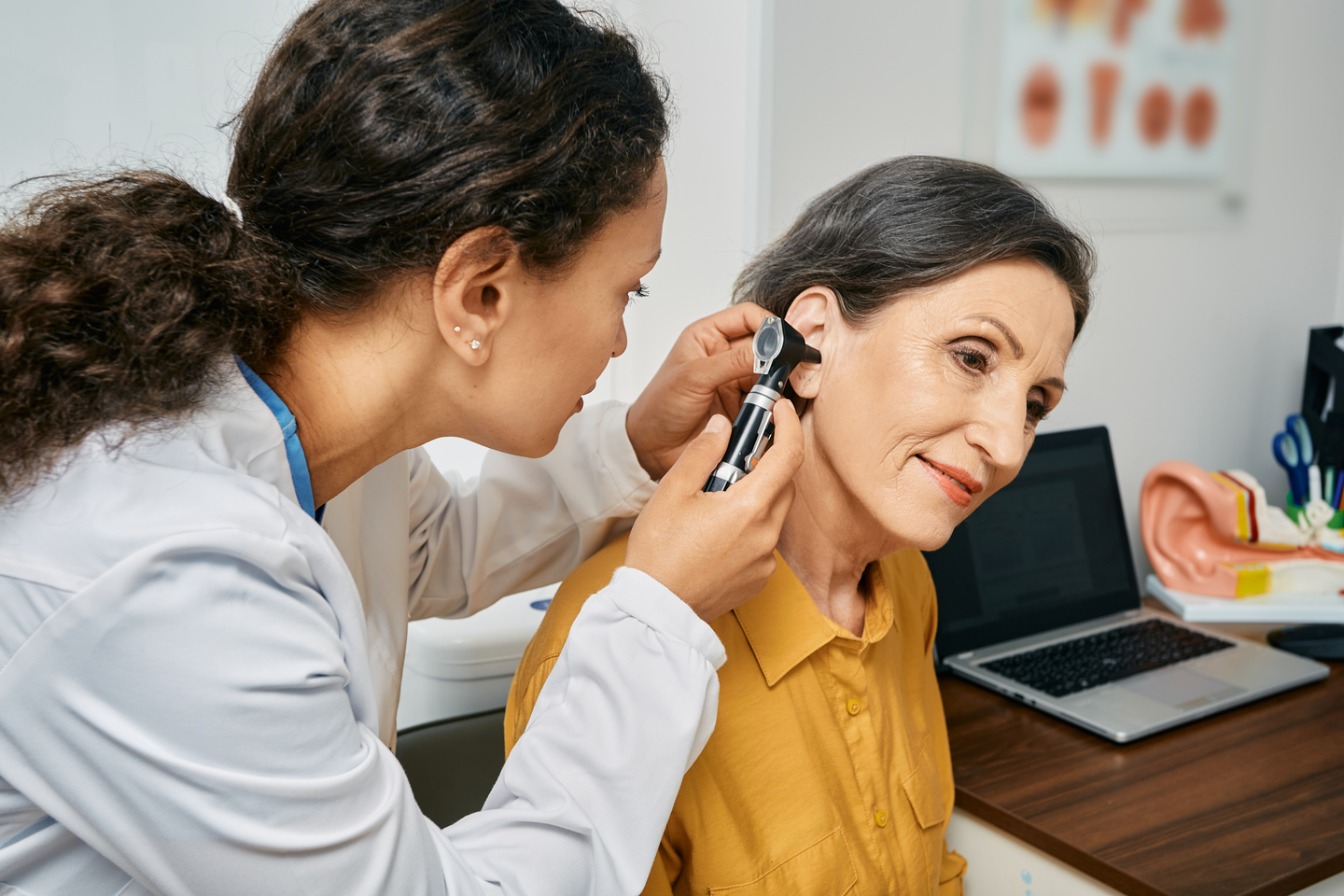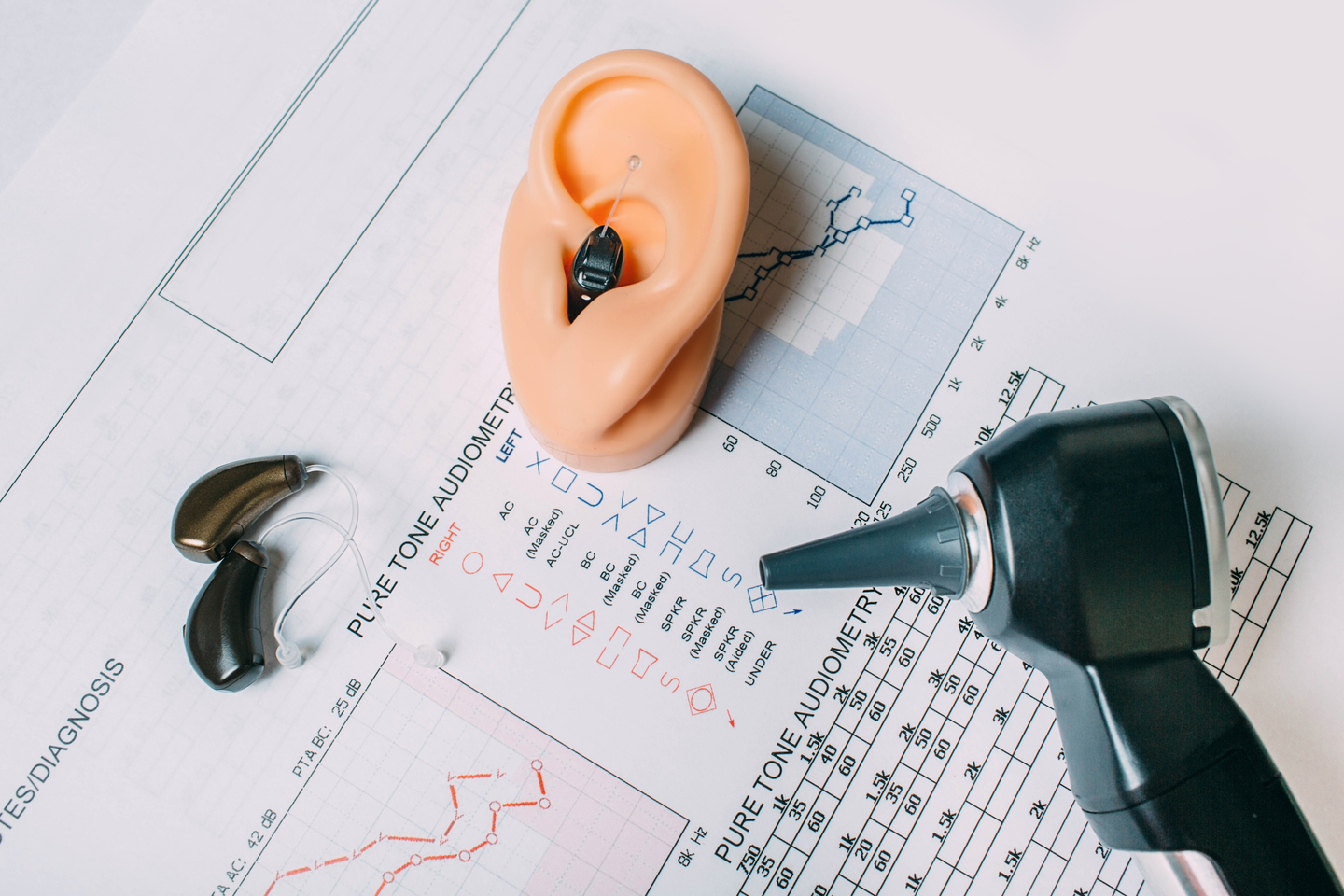Diving With Eustachian Tube Dysfunction (ETD)
Managing ear squeeze and preventing barotrauma
When scuba divers descend, they may experience symptoms commonly referred to as “ear squeeze.” This happens when the pressure in the middle ear and the outside atmosphere differ. The pressure of the outside environment is higher and therefore pushes inwards on the eardrum, which feels like the ear is being squeezed. This is a normal phenomenon and does not cause injury unless ear pressure does not equalize. If pressure does not equalize, the eardrum may rupture and cause severe symptoms, including hearing loss, tinnitus, dizziness, nausea, and vomiting.
What happens to my ears when I scuba dive?
As a diver descends deeper into the water, the outside pressure increases, and is higher than the pressure in the diver’s middle ear changes. That pressure continues to build until the Eustachian tubes (the body’s natural pressure release mechanism) open and equalize the pressure.
How can diving affect my ears?
When diving, it is important to not ignore “ear squeezing.” That symptom suggests the ears have not yet equalized pressure and that the Eustachian tube has not yet done its job. Experienced divers know how to gently exhale against clogged nostrils to force the Eustachian tube open so that air can enter the ear and equalize the pressure.
However, if divers continue to dive and ignore the pain in their ears, the eardrum may rupture. Cold water enters the middle ear and causes:
- Nausea
- Vomiting
- Dizziness
This is because the structures critical for balance are located near the middle ear. The entry of cold water into the middle ear triggers a response in these structures, causing dizziness. Dizziness is severe and will cause nausea and vomiting. This is potentially life-threatening to the underwater diver.
How can I prevent ear injury while diving?
Any disease of the nose or nasopharynx can prevent the Eustachian tube from opening. This includes anything that can cause nasal inflammation including:
- smoking
- allergies
- nasal polyps
- upper respiratory infection
- previous facial trauma
To prevent barotrauma (“ear squeeze”) or other ear injuries during a dive, divers should:
- Immediately stop their dive if they feel pain in their ears or cannot clear their ears out while on a dive.
- Equalize their ears before and during the descent.
- Not dive if they are suffering from any sinus or upper respiratory infection
It is advised that anyone who dives regularly consult with an otologist to manage any ear symptoms associated with diving.








